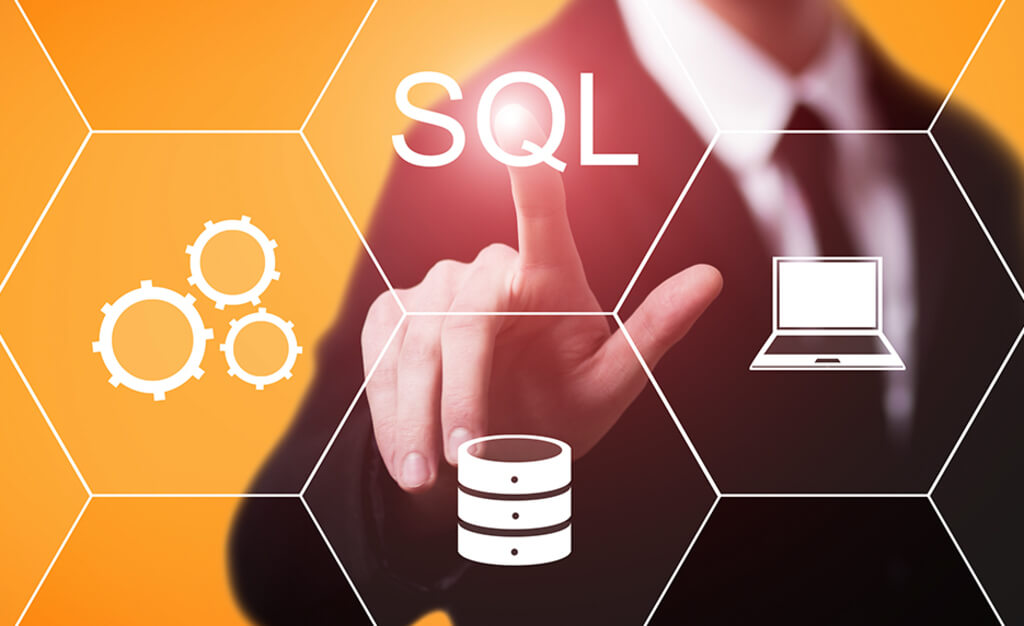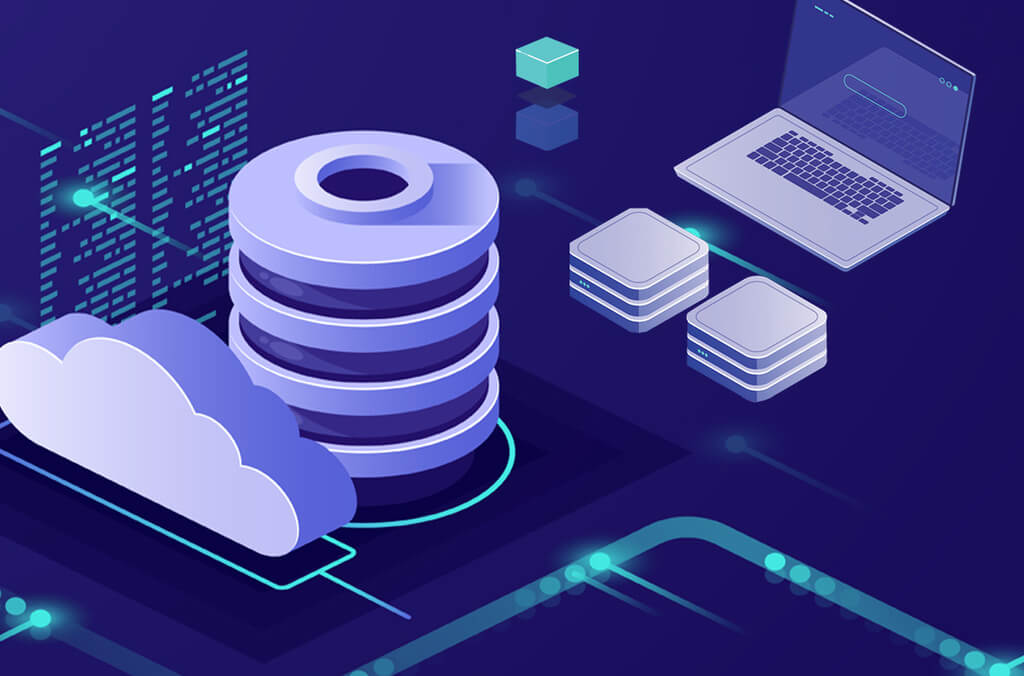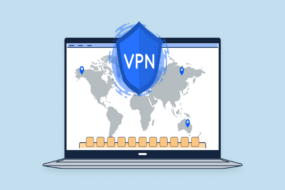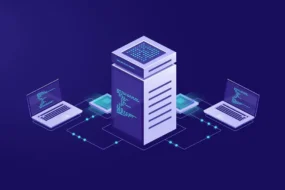SQL databases still serve their purpose in providing consistent, stable data. But SQL database alternatives are getting better, namely NoSQL. NoSQL offers a non-relational option for housing large amounts of data with incredible performance. NoSQL also meets the need for scalability as data requirements increase. So with such a great alternative available, why do we still use SQL? Here’s a look at why.
Why SQL Databases Still Have a Purpose and Use Case
To understand why some developers are still building their applications using SQL databases, we need to better understand the advantages these databases have over modern alternatives.
SQL Database Advantages

- ACID compliance: these databases feature atomicity, consistency, isolation, and durability (ACID). While some NoSQL databases now meet these requirements, it’s far more common to find SQL databases that are fully ACID-compliant. This is important because it validates transactions and ensures data integrity. So while SQL databases aren’t the only ones that provide ACID compliance, they do offer more of a guarantee than an alternative to SQL databases.
- Data consistency: because SQL databases offer a means to collect structured data, you can almost guarantee that your data will be consistent. NoSQL is ideal for large volumes of data but SQL ensures the right data. These databases are considered more stable than newer formats for storing data.
- Greater knowledge and support options: because SQL has been around for so long, finding developers and data scientists who know how to work with these databases is far more common than finding resources for new data structures. With each passing year, this becomes less relevant but is still true to some extent today.
SQL Database Disadvantages

- Scaling and sharding: SQL databases can only scale vertically, which means adding storage and RAM to existing servers. With NoSQL, you can add servers since the data model is distributed. Sharding is not possible with SQL databases, which is a major motivating factor for developers to look to alternatives. And finding ways to use commodity servers is a huge benefit of NoSQL that SQL simply cannot accommodate.
- Not as efficient at handling various data types: while relational databases continue to develop ways to handle structured, unstructured, and semi-structured data, they simply aren’t as good at handling all data types. Non-relational databases can handle all types of data with ease and efficiency. As big data continues to grow, the need for handling large volumes of unstructured data continues to grow.
SQL Database Alternatives

The best alternative to SQL databases are NoSQL databases with a multi-model approach and AI. Some NoSQL databases lack new tools that help them handle structured data efficiently to provide a true SQL database alternative.
Here’s a look at some of the leading options when looking for a way to replace your relational databases.
1. BangDB
BangDB offers a multi-model approach that can collect and process data in the four formats of NoSQL: column, key-value, graph, and document. Being able to use all four formats means collecting all data available to your organization.
Additionally, the database’s performance is nearly double that of its competitors to offer speed and reliability. Its AI capabilities are impressive and power predictive analytics to tailor experiences directly to your customers.
2. MongoDB
MongoDB is another leader in the NoSQL space but it’s mostly focused on document-based storage. While it’s very good at document-based storage, its limitations in a multi-model approach to housing data could hold you back in some ways. It does enable you to study behavior using clickstream data to offer a custom user experience.
3. DynamoDB
It seems like no article on technology would be complete with an Amazon product. DynamoDB is incredibly scalable and designed to handle key-value queries with great speed and agility.
4. Cassandra
This database came from Facebook, another leader in data and technology. It handles petabytes of information with ease and can process thousands of user requests concurrently. You’ll find great value in this NoSQL database if you have more write operations than you do read ones.
5. Elasticsearch
If you need full-text search capability, Elasticsearch is the database of choice. It powers large companies like Medium and helps display results for users when they query large text-based systems. Another great use case for Elasticsearch is chatbots.
Should We Continue Using SQL Databases?
The use cases that require SQL databases continue to shrink as NoSQL alternatives become more flexible and intelligent. Before building new applications, evaluate available SQL alternatives to make informed decisions on what’s best for the long-term use of your data.










